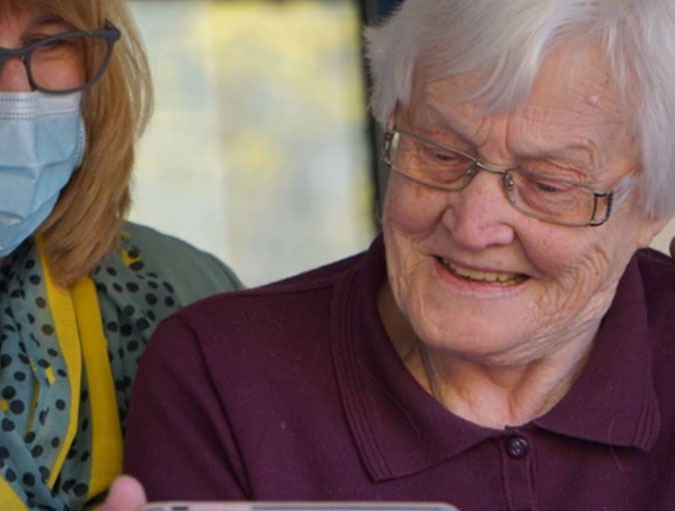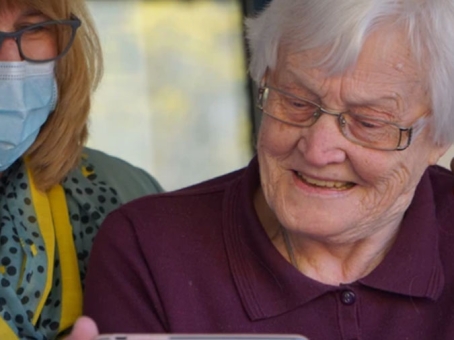
Serving as a caregiver can demand much more than time and physical presence. It can also impact your emotional and mental wellbeing. Becoming a caregiver can happen suddenly and without proper preparation. With the advancement of medicine, home care technology has led to shorter hospital stays and a greater responsibility for families to take care of loved ones. Caregiving can lead to a variety of emotional responses, some positive and some negative.
Emotional Hardships of Caregiving
Taking care of a loved one can require a significant amount of perseverance and endurance. It can be challenging to continuously sacrifice for the needs of someone else. One of the hardest parts is caring for someone who may not end up getting better. Despite the difficulty, your role as a caregiver is valued and appreciated. Common emotions faced by caregivers and strategies for how to cope are included below:
Anger or Frustration- You may have found yourself in this role out of necessity or without warning. This can lead to hard feelings about the overall situation. You may also experience irritability from burn out and the emotional burden of being a caregiver. Make sure you are taking time for yourself to maintain your own health. Exercise frequently, get adequate sleep, and maintain a healthy diet. Have someone you can call or talk to when you are feeling exceptionally frustrated.
Worry- A constant concern for the health of your loved one can lead to constant anxiety and fear. It is normal to worry about this situation, but there are times when this emotion can overcome you. If experienced for a long period of time, it can take a toll on your own physical health. Try keeping a journal of all the things you are grateful for during this time. You are doing everything you can and sometimes things can happen that are out of your control.
Depression- Studies demonstrate that 40-70% of caregivers will experience symptoms of depression at one point or another. The chronic stress of this role can lead to mental and emotional instability. If you feel you may be struggling with depression, it is important to reach out to a family member, counselor, or a doctor. You do not have to go through this hardship alone.
Negative emotions are normal. Caregiving is a journey that can bring about many highs and lows. You will likely feel many positive and negative emotions along the way.
Despite the challenges, there can be many rewards for taking on the position of caregiver for a loved one. Here are positive emotions that can be experienced in this situation:
Satisfaction- Knowing the right thing to do and doing it can lead to satisfaction in your actions. It can be rewarding to push through and continue to care for your loved one despite all the challenges involved.
Fulfillment- You may not receive recognition for your hard work, but there is a significant amount of fulfillment to be felt in the role of caregiver. Even if your sacrifice is not acknowledged, it is greatly valued and appreciated.
Compassion- As a caregiver, the person being cared for is relying on you to meet their physical needs. It can be a beautiful thing to serve someone in this manner expecting nothing in return. Compassion is a warm and positive emotion that results from the sacrificial role of caregiving.
Serving in the role of caregiver may not be the best decision for every situation. Sometimes, you may need additional help from a professional home health aide. All-Access Home Health offers caregiving services for a variety of circumstances. Call our office today at (818) 240-4663 for more information!




